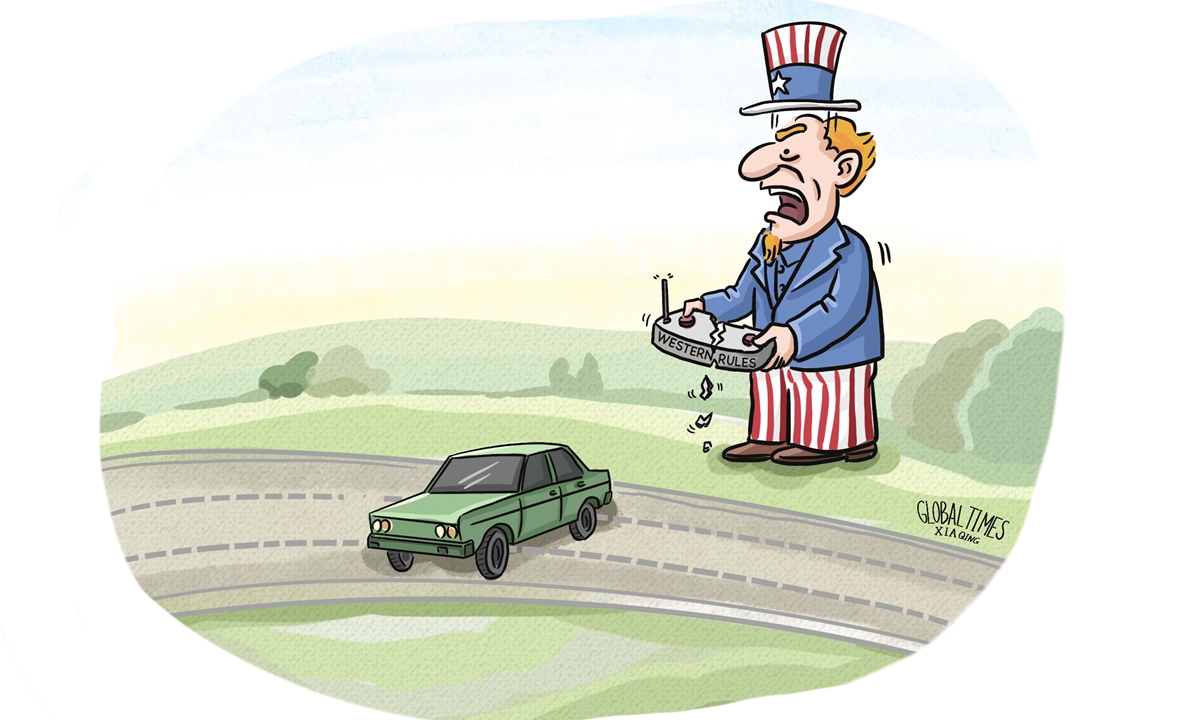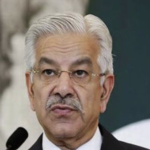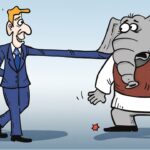The most vivid was the recently appointed British prime minister who urged countries to stop hoarding weapon stockpiles and give them to Ukraine to allow Kiev to make a decisive assault. Western countries have spent billions of dollars on trying to suppress Russia while their populations are suffering from remarkable inflation. While the US and its allies still have enormous accumulated potential, their lavish practices bring them major troubles internally.
In Russia itself, the situation is more certain. The economic sanctions the West imposed on Russia have not been able to produce significant damage. Russia is rapidly changing the direction of its trade relations, including the export of energy resources, of which it has plenty. Infrastructure is developing domestically, and the government is improving the incomes of the population, which is the most important task. Russian citizens are gradually learning how to withstand Western assaults and maintain a customary way of living. IMF forecasts anticipate some growth for the Russian economy as early as 2023, although national estimates are more moderate.
The main reasons for Russia’s resilience to Western pressure are the long preparation of its economy for this battle and the openness of the global market. The fact that the West can no longer control the whole world defines the context in which the new international order is taking shape. It has come as a surprise to the US and its allies that they cannot prohibit most of the world’s countries from trading where it is profitable for them to do so. The pressure on China does not create serious problems for the Chinese economy, but further strengthens Beijing’s resolve in matters of principle.
What has happened is the destruction of the principle that underpinned Western hegemony – only the US defined the limits of other states’ independence. This means the failure of the rules of the game formulated by the West and the emergence of new ones. The US, Europe and Japan are not ready for this and do not know how to interact with the more democratic world. Much of the fury of the statements we heard during the MSC has to do with that discovery. The US and its allies continue to probe the rest of the world for weak spots and bully countries that are less protected from US’ irresponsible excesses than China or Russia.
Nevertheless, stubbornly defending its hegemony, the West is increasingly embroiled in what is becoming an “economic Vietnam war” for Europe and the US. One year after another the West spends more and more on holding its positions instead of investing into new development goals. While US and EU politicians were trying to impress the public in Munich, the rest of the world was watching with horror and dismay the aftermath of the horrific environmental disaster in Ohio. Hoping to force the rest of the world to comply with US demands and caprices, the West itself is experiencing economic decline and the annihilation of vital infrastructure.
It is impossible to move forward with one’s head turned back. The US and its allies now have nothing to offer the world but a return to their own hegemony: a position that was many years ago and will never be possible again. The West’s main mistake is to underestimate the possibilities of the global economy, universal openness, and technological advances. This seems rather strange, since it was the West that insisted for decades on free markets and openness: They must have thought that it would, for some unknown reason, forever serve only their interests.
At present, the US most closely resembles a huge, powerful giant on trembling legs, trying to move forward, but constantly looking back at his “glorious” past, in which he only sees idealism. Family doctors regularly tell Western leaders that their countries are in good shape and can run the world. But they cannot turn the tide of history and the development of human society, which never moves backward.
The author is Moscow-based Valdai Club program director. opinion@globaltimes.com.cn













